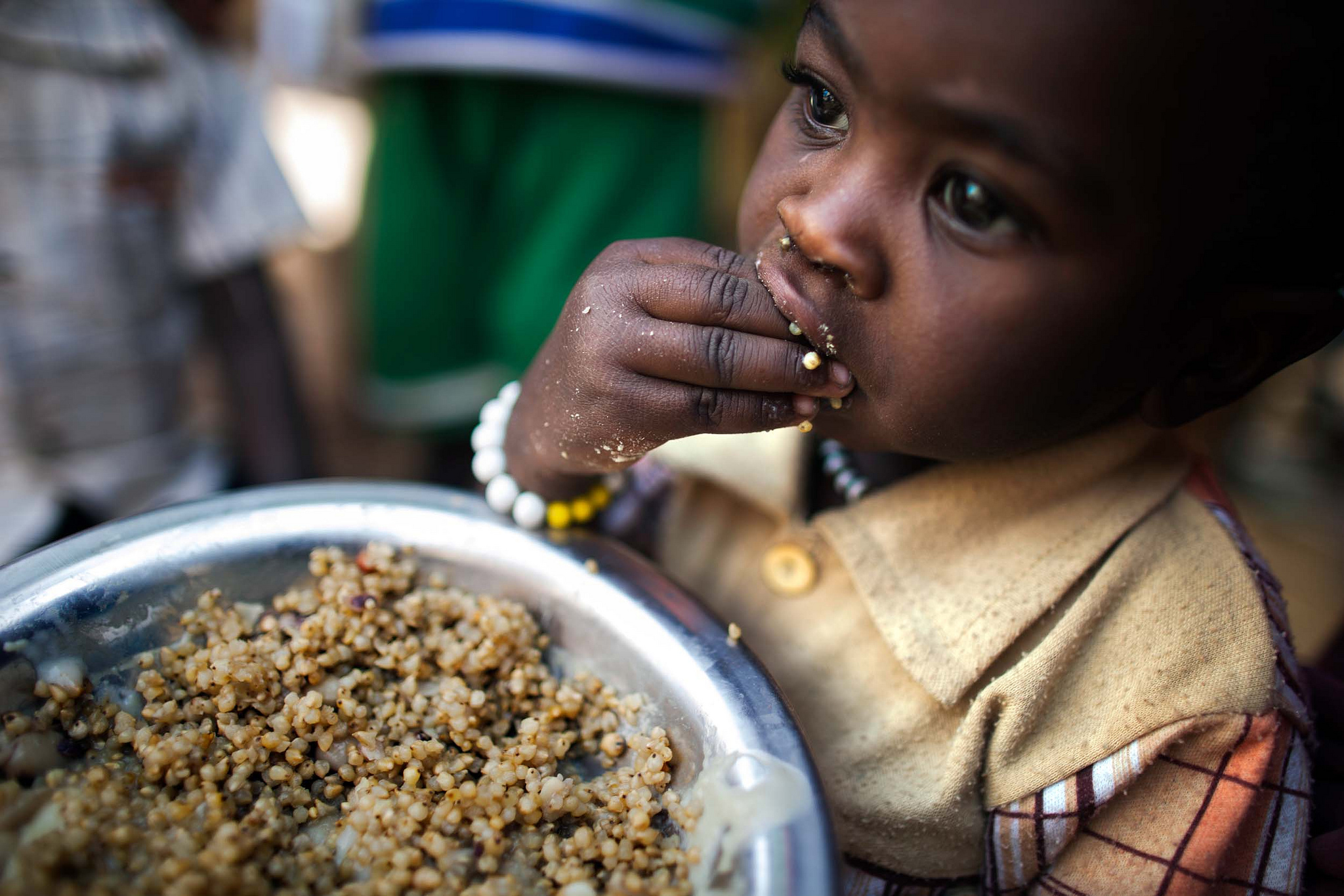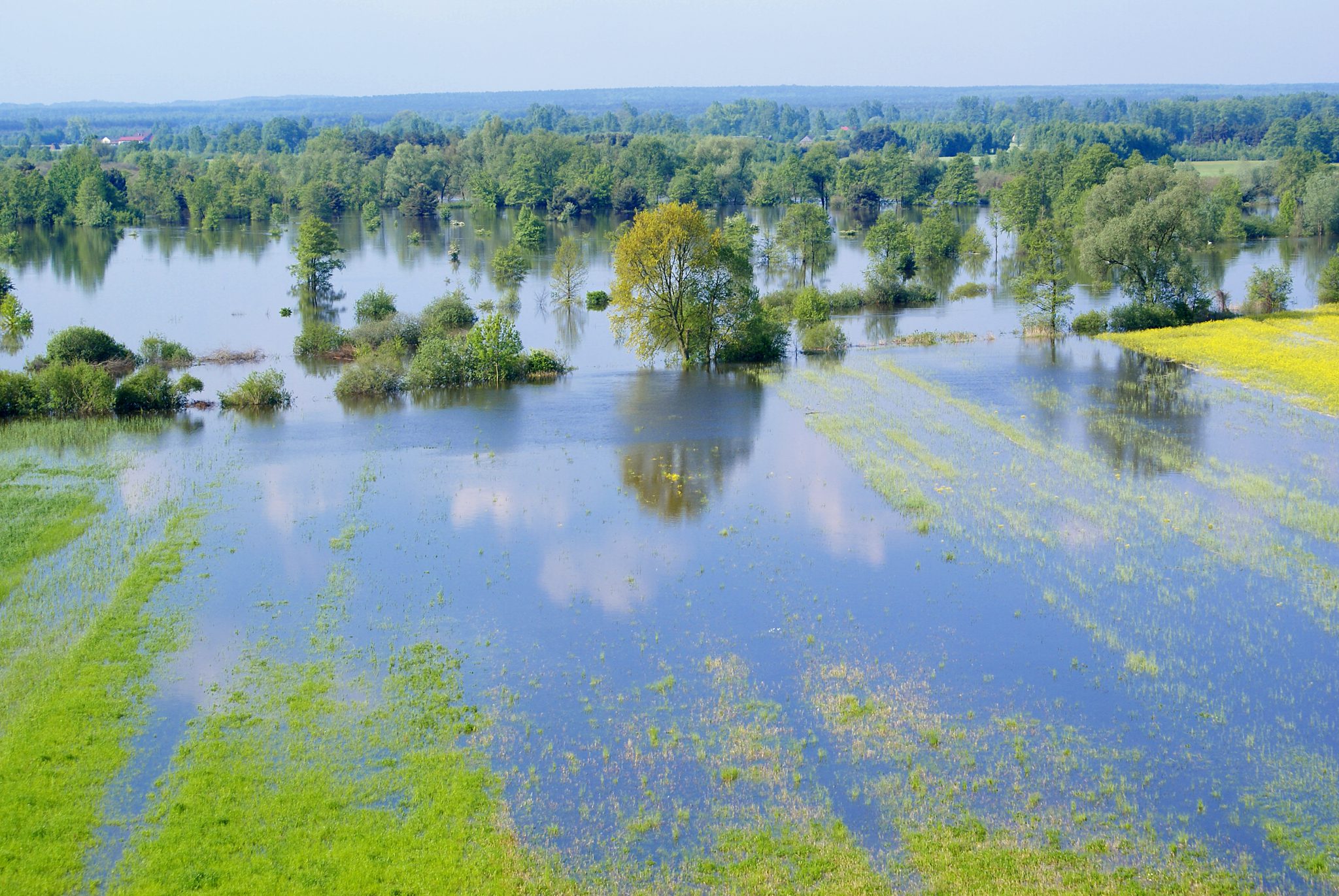At their inaugural meeting, the Global Food Security Science Advisory Group analysed recent events and identified a set of 10 priority research questions to address the food security challenge. Professor Tim Benton from the University of Leeds and chair of the advisory group, and the Global Food Security (GFS) programme’s Sian Williams explore the evolving research landscape.


The question of how to transform the food system to provide healthy diets for all, sustainably, is a complex one, for which there is no quick-fix. This challenge is compounded by the fact that the food system is also highly dynamic and continually evolving under the influence of a large number of both local and global drivers. This means that while we might make positive strides on one aspect, suddenly something game-changing can happen elsewhere, altering the nature of the challenge as a whole and therefore the way it must be approached.
For example, what does the Paris climate deal imply for how we address global nutrition? Will big data change global diets? And does political change in one country have knock-on effects for food markets on the other side of the world?

The GFS Science Advisory Group
GFS aims to reflect this constantly changing research landscape in its activity. It recently appointed a Science Advisory Group (SAG) of prominent researchers with interests spanning the food system to provide expert advice and guidance at the forefront of the food security challenge.
At its inaugural meeting, the SAG was tasked with exploring the latest developments relevant to the food system – in research findings, policy, or in response to other changes in the world – before using this to draw out a list of ten priority research questions for food security that could be addressed through interdisciplinary research.

Diets, not just food
In 2010, when GFS was first launched, the predominant issue was about providing more food for the world. Now, less than a decade later, we are recognising that malnutrition in all its forms (from hunger, micronutrient deficiency and over consumption of calories) is acute, with under 50% of the world’s population currently being of a healthy weight (ref 1). More than ever, we need to think about diets and their quality, not simply growing more calories.

Planning for the future
Increasingly, food security research is being framed not just by the problems we are facing now, but by challenges we may face in the future. For example, projecting forward current trends leads us to a future that is unsustainable for health and environment, with food alone likely to emit enough greenhouse gas to ensure we miss the targets in the Paris agreement. Ambitious global goals such as those set in Paris are increasingly posing important questions on our ability to transform systems now to avoid undesirable futures.

Connected thinking – Linking production to consumption
More than anything else, the overarching theme across these priority questions is that of the need for systemic approaches to food and nutrition challenges. Research is needed that connects food production with processing and manufacturing, policy and retail, as well as consumers and their health and wellbeing; and of course, connect all with a healthy environment.

Transforming the food system to deliver healthy diets in sustainable ways for everyone certainly requires urgent research and innovation. But as demonstrated in this priority questions exercise, this is not just in finding new technologies to underpin a transformed food system, but also the business, social and policy innovations that might bring it about.
Read the full report:
References
- Collaboration, N.R.F. (2016) Trends in adult body-mass index in 200 countries from 1975 to 2014: a pooled analysis of 1698 population-based measurement studies with 19· 2 million participants. The Lancet, 387, 1377-1396.



